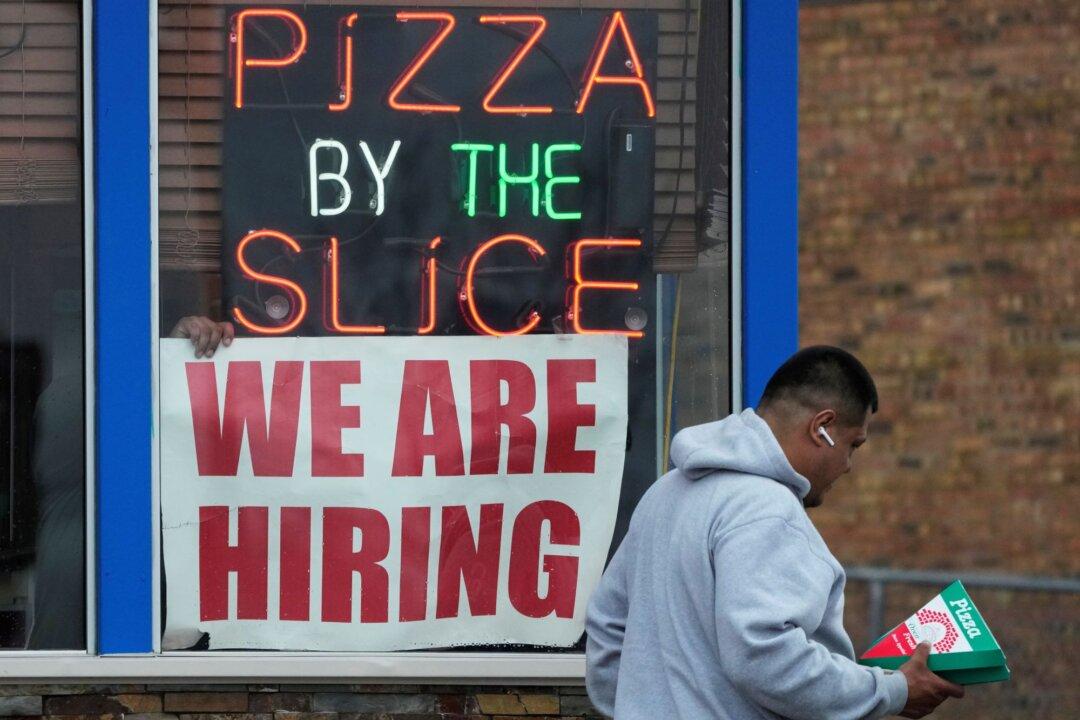Small-business optimism fell in August after three consecutive months of rising sentiment, according to a new study, as U.S. companies struggled to hire new workers amid persistent inflation.
The National Federation of Independent Business’s (NFIB) Small Business Optimism Index for August dropped 0.6 percent to 91.3, the 20th consecutive month below the 49-year average of 98. The NFIB surveyed more than 600 small businesses.





